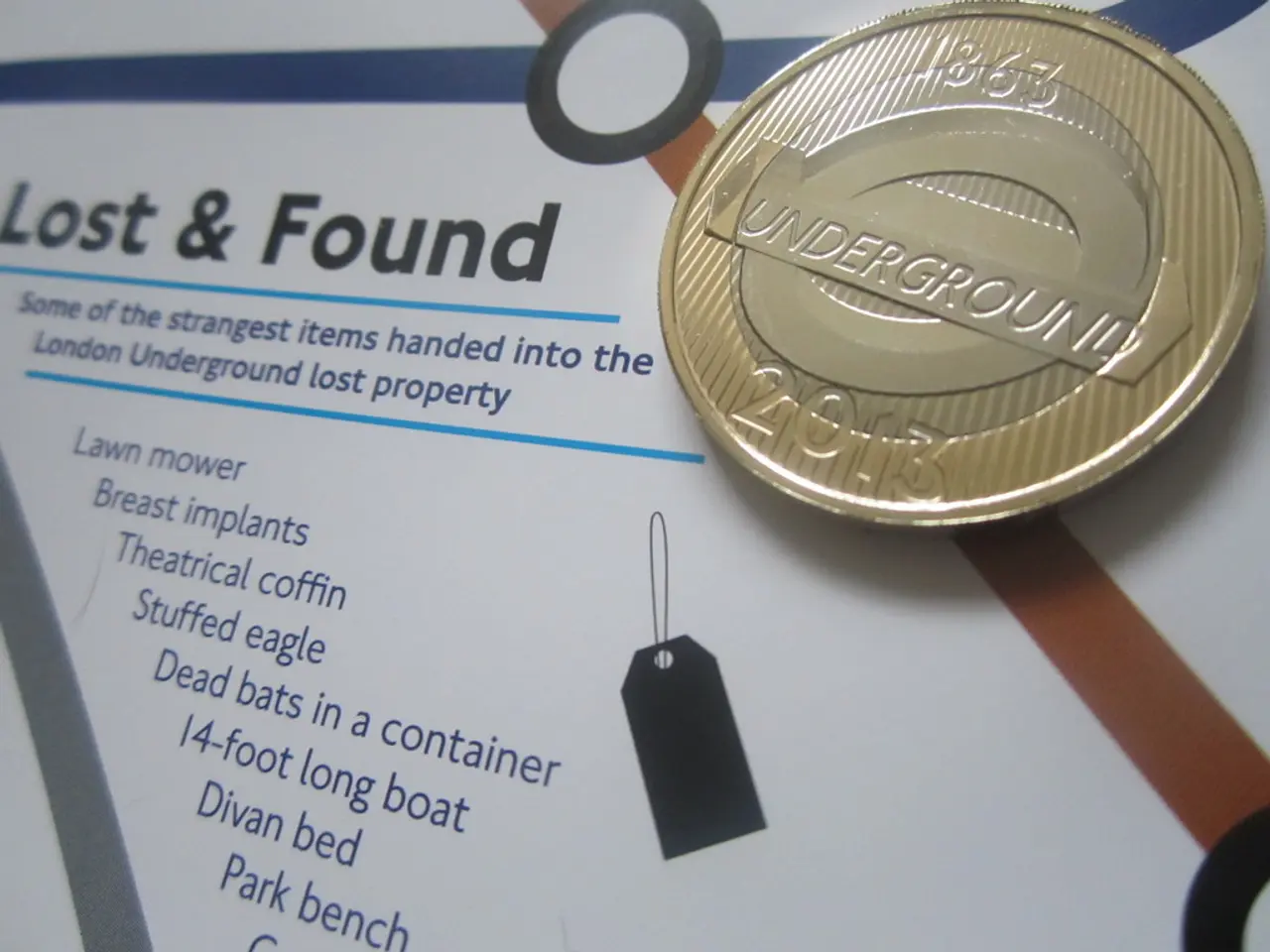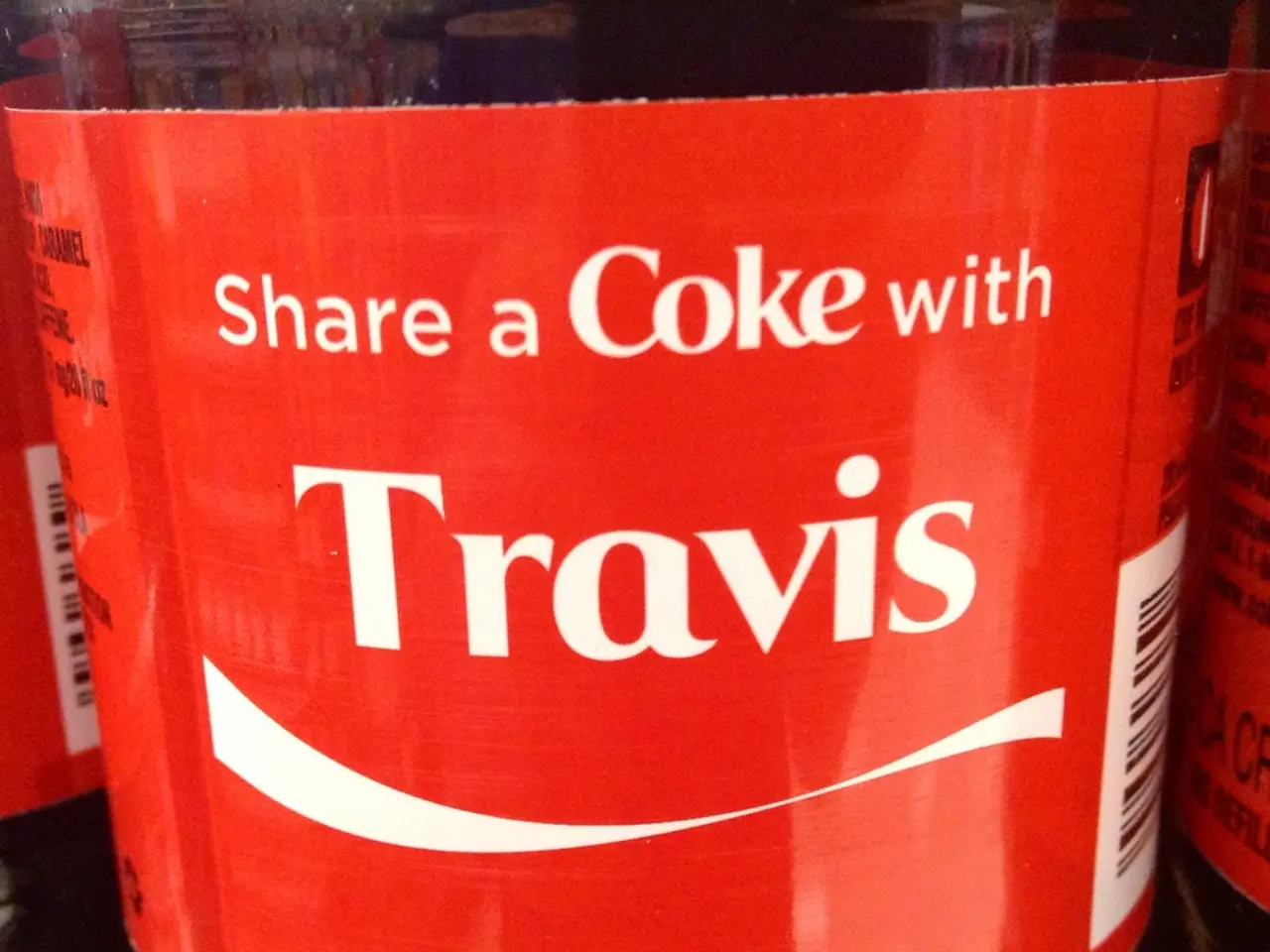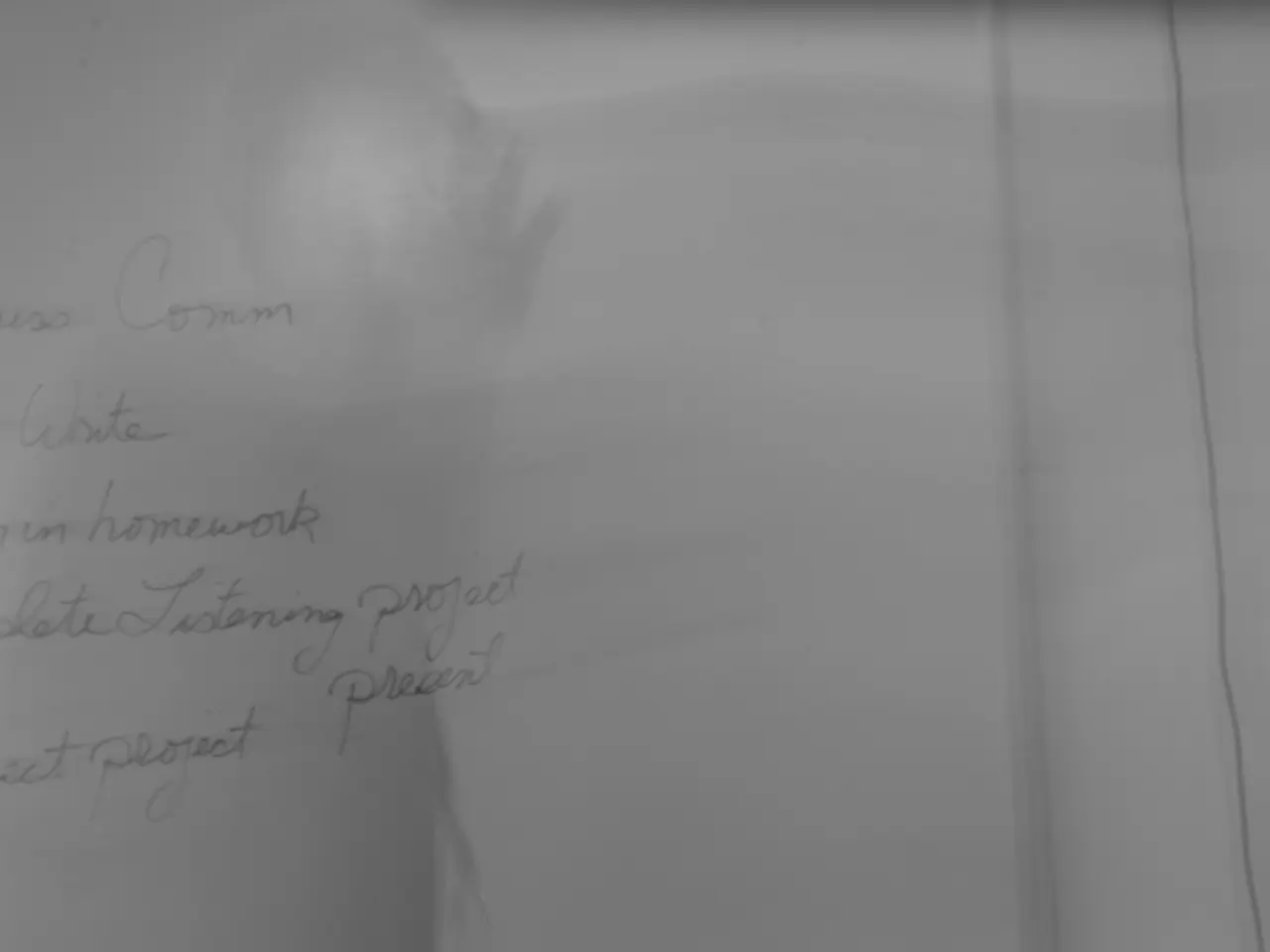Trade union IG Metall retracts push for four-day workweek amidst economic hardship. - Union IG Metall adopts push for a four-day workweek as a response to economic deceleration.
In response to the ongoing economic downturn, IG Metall, Germany's powerful metalworkers' union, has withdrawn its demand for a four-day workweek. In an interview with Bild, IG Metall Chief Christiane Benner stated that numerous companies are feeling the strain of the current economic climate, leading to shortened working hours for employees.
Benner urged the newly-elected federal government to boost investments in the German economy and provide relief to workers. She emphasized the need for decisive action from the government, the loyalty of companies to herald economic growth, and a rapid debate on how these objectives can be achieved.
Holger Schäfer, the labor market expert at the Institute of the German Economy (IW), encouraged the political sphere to exploit the nation's latent labor force potential by expanding childcare facilities, lessening tax and social security burdens, abolishing one public holiday, and raising the retirement age to 70, similar to Denmark. He contended that low labor market attractiveness, rather than sheer lethargy, is responsible for the subpar labor force potential.
Schäfer suggested that it is the role of politics to define which services can be scaled back, as balancing productivity and work-life harmony has become increasingly crucial.
Federal Chancellor Friedrich Merz (CDU) has consistently advocated for increased productivity in Germany, arguing that a four-day workweek would undermine economic prosperity and has reiterated this stance in mid-May. Meanwhile, CDU General Secretary Carsten Linnemann questioned the genuine intent behind the pursuit of work-life balance, implying that it often seemed more about a 'life-life' balance instead.
In contrast, SPD parliamentary vice-president Dagmar Schmidt suggested addressing disproportionate income shares among citizens, advocating for high earners to contribute more to the common good.
Recent proposals to reinvigorate the German economy address economic stagnation and labor force revitalization. Some strategies include heavy infrastructure and climate protection investments, reductions in corporate taxes, tax relief measures, and enhanced labor market attractiveness through fair wages and improved working conditions. A reevaluation of the energy policy and reformed debt brake regulation are also under consideration. It remains to be seen how these measures will impact the country's economic landscape and workforce dynamics.
- The new federal government is urged to help revitalize Germany's economy by increasing investments, as suggested by IG Metall Chief Christiane Benner, who also emphasized the need for policy changes to aid workers, such as boosting vocational training programs in business sectors.
- Holger Schäfer, from the Institute of the German Economy (IW), proposes that politics should address low labor market attractiveness by reducing tax and social security burdens, expanding childcare facilities, and implementing policies that increase productivity, like reducing corporate taxes and enhancing vocational training opportunities.
- recent proposals to revitalize Germany's economy and labor force include not only heavy infrastructure and climate protection investments but also restructuring the energy policy, reforming the debt brake regulation, and focusing on labor market attractiveness through fair wages and improved working conditions, as seen in the debate around the four-day workweek.




